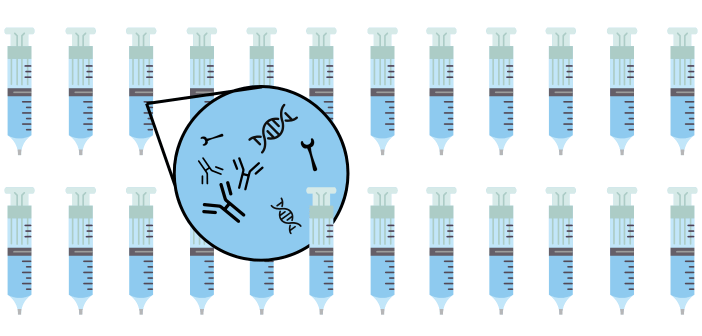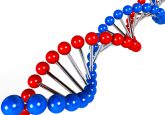How mass spectrometry is redefining impurity analysis

Danish contract laboratory Alphalyse A/S has created a mass spectrometry (MS) analysis database that can accelerate impurity analysis and drug development.
The demand for higher quality assurance in biologics is increasing, pushing the biopharmaceutical industry to adopt more advanced analytical methods for quality control. CRO Alphalyse A/S (Odense, Denmark) is leading this adoption by providing access to a large database of analytical MS results that, when combined with its innovative measurement tools, has the potential to significantly reduce biopharmaceutical development timelines and enhance product quality.
Alphalyse has been around since 2007, specializing in developing impurity analysis techniques using MS. Traditional methods of impurity detection often take years to implement in new drug development projects, whereas Alphalyse’s MS-based approach can be deployed in just weeks. This novel approach not only accelerates the development process but also ensures a cleaner final product, addressing regulatory and safety concerns more effectively.
The significance of Alphalyse’s work gained further validation on December 1st, when the US Pharmacopeia (USP; MD, USA) — a nonprofit scientific organization that sets quality standards for medicines, food and dietary supplements in the US and globally — updated its guidelines to include a new chapter on best practices for MS-based quality control of biologics. As a global leader in MS protein analysis, Alphalyse has curated an extensive database of analytical results collected over 8 years, enabling precise comparisons across pharmaceuticals. This resource provides invaluable insights into impurity risks and ensures compliance with stringent regulatory requirements.
You may also be interested in:
- New US Pharmacopeia guidelines could transform biologics impurity control
- A European Bioanalysis Forum recommendation for requiring a context-of-use statement for successful development and validation of biomarker assays
- ICH M10 guideline on bioanalytical method validation and study sample analysis
Experts predict that MS-based analysis may soon become a regulatory requirement for assessing the quality and purity of biologics. Lars Skriver, Senior Science Officer at Savara Pharmaceuticals (PA, USA), noted that regulators are increasingly prioritizing impurity control, and Alphalyse’s database may help to establish new quality standards:
“Many companies can perform protein analysis, but Alphalyse’s database provides an overview of which specific polluting agents you can anticipate in the production process of various biologics, and this is a major benefit. In addition, the traditional (ELISA) method can take more than a year to adapt to a new drug. Alphalyse’s cutting-edge analysis tools and database reduce the analysis development process by several months.”
With the new USP guidelines in place, Alphalyse is well-positioned to expand its impact, particularly in the US, where regulatory agencies such as the US FDA (MD, USA) frequently refer to the USP for industry standards.
“Alphalyse has developed one of the methods recommended in the US Pharmacopeia, and we are the most experienced laboratory in the world for MS analysis of biologics impurities. We offer a service that helps pharmaceutical companies optimize the development and production of biologics, ensuring that new products are cleaner, cheaper to produce, have longer shelf life and cause fewer side effects for patients,” commented Thomas Kofoed, Co-Founder and CEO of Alphalyse.
Looking ahead, the widespread adoption of MS analysis for biologics impurities could lead to fewer clinical trial failures and an increase in innovative treatments for diseases such as cancer, Alzheimer’s and antibiotic-resistant infections. Additionally, in the event of a future pandemic, this technology could accelerate vaccine development, potentially saving countless lives.






